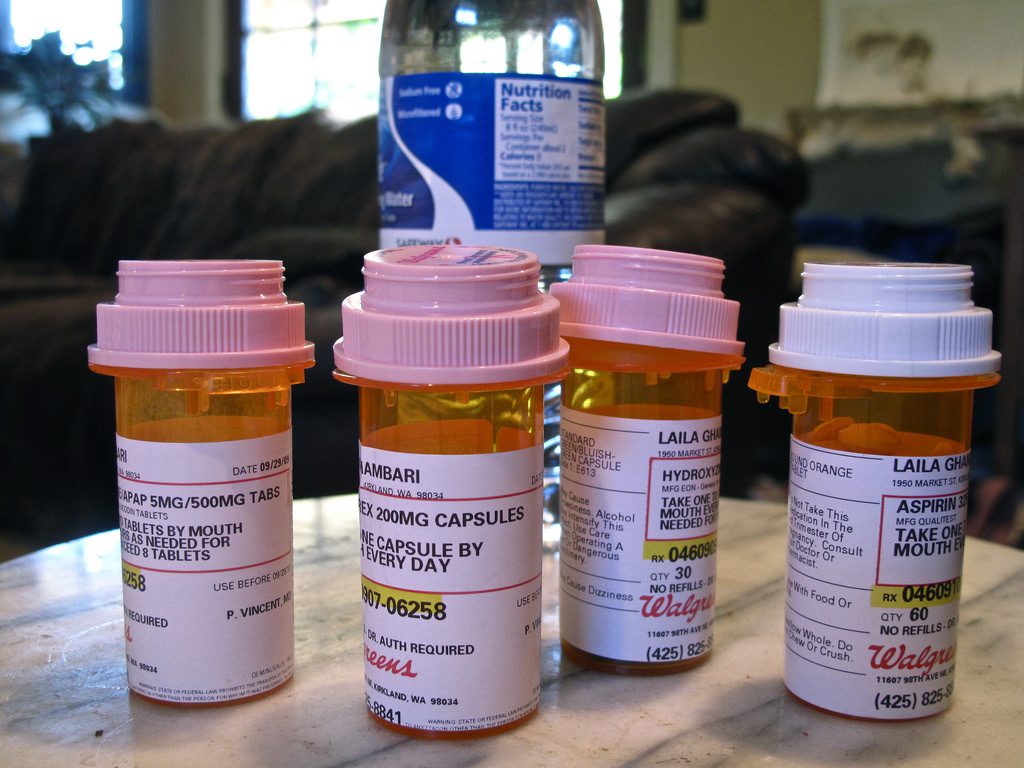
Purdue Pharma, the manufacturer of OxyContin®, a semisynthetic opiate, announced they will no longer encourage physicians to prescribe their drug to patients. While their action is a positive move toward tackling America’s opioid crisis, this is but one manufacturer and only one trade name.
When not referring to an opioid by its brand name, these highly addictive and often deadly drugs are identified using generic terminology. Each of the following is used by manufacturers to create their prescription drug:
- Hydrocodone
- Oxycodone
- Methadone
- Fentanyl
- Morphine
Natural, synthetic, and semisynthetic opiate-related deaths have risen at an alarming rate. Official stats between 1999 and 2016 reflected significant increases; 6.1 of 100,000 individuals compared to 19.8. These numbers include heroin users as well.
In 2016, the Centers for Disease Control (CDC) reported more than 63,600 people died from overdoses of these drugs. Forty percent of these were individuals who died while using prescriptions.
Fentanyl and variations, called analogs, are prescription painkillers. Some studies seem to indicate that Fentynal is the number one cause of opioid deaths, mainly when they are used in combination with heroin or cocaine. According to data listed on the website of Levin Papantonio, a law firm reviewing the cases brought against the distributors:
Fentanyl is 50 to 100 times more potent than morphine, and 30 to 50 times more potent than heroin. One fentanyl analog, Carfentanil®, is 5,000 times stronger than heroin. An amount as small as a few drops of sand can be fatal. The drug is so powerful that even when numerous doses of the antidote naloxone (Narcan®) are timely administered, the person will be lucky to survive.
In fact, lawsuits are mounting against opioid manufacturers. The suits claim the pharmaceutical companies relentless promotion of their products contributed to the epidemic. Purdue Pharma is one of the numerous drug companies such as McKesson Corporation, Covidien, Cardinal Health, Watson Pharmaceuticals, a subsidiary of Johnson & Johnson (Janssen Pharmaceuticals), Allergan (Actavis), AmerisourceBergen, and more.
Whether or not these lawsuits change the availability of opioids will have an effect on drug-related deaths is yet to be determined, but Purdue Pharma’s move to begin tackling their part in the epidemic a beginning.
Certainly, opioids have changed the public concept of drug abusers. Accordingly, instead of the homeless or African-Americans being the face of the opioid epidemic, middle-class Caucasians residing in rural America make up the largest group of individuals dying.
By Cathy Milne
Sources:
NBC News: OxyContin maker Purdue to stop promoting opioids in light of epidemic
Levin Papantonio: Government Lawsuits Against Opioid Distributors
STAT: STAT forecast: Opioids could kill nearly 500,000 Americans in the next decade
Foundation for a Drug-Free World: WHAT ARE PAINKILLERS?
National Institute on Drug Abuse: Opioid Overdose Crisis
Centers for Disease Control and Prevention: Drug Overdose Deaths in the United States, 1999–2016
Featured Image Courtesy of Laila Ghambari’s Flickr Page – Creative Commons License
Inset Image Courtesy of Cindy Shebley’s Flickr Page – Creative Commons License



